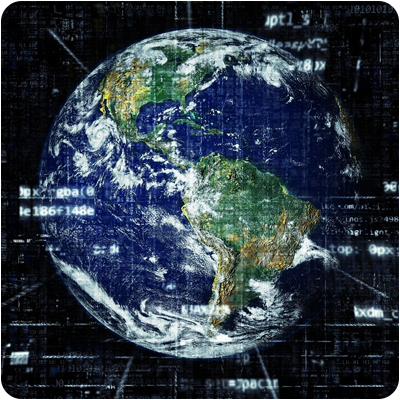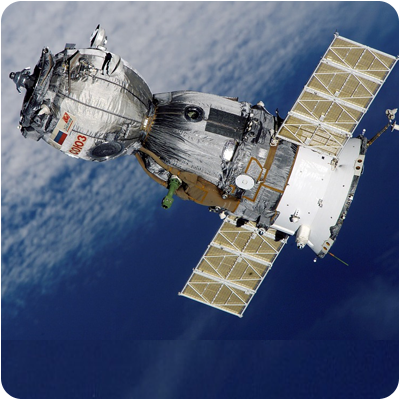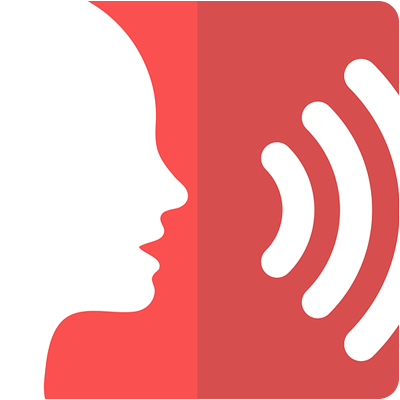Het arrangement 10.4 Science fiction - kgt34 is gemaakt met Wikiwijs van Kennisnet. Wikiwijs is hét onderwijsplatform waar je leermiddelen zoekt, maakt en deelt.
- Auteur
- Laatst gewijzigd
- 11-05-2025 10:45:09
- Licentie
-
Dit lesmateriaal is gepubliceerd onder de Creative Commons Naamsvermelding-GelijkDelen 4.0 Internationale licentie. Dit houdt in dat je onder de voorwaarde van naamsvermelding en publicatie onder dezelfde licentie vrij bent om:
- het werk te delen - te kopiëren, te verspreiden en door te geven via elk medium of bestandsformaat
- het werk te bewerken - te remixen, te veranderen en afgeleide werken te maken
- voor alle doeleinden, inclusief commerciële doeleinden.
Meer informatie over de CC Naamsvermelding-GelijkDelen 4.0 Internationale licentie.
Aanvullende informatie over dit lesmateriaal
Van dit lesmateriaal is de volgende aanvullende informatie beschikbaar:
- Toelichting
- Deze les valt onder de arrangeerbare leerlijn van de Stercollecties voor Engels voor vmbo kgt, leerjaar 3 en 4. Dit is thema 10 'Science and technology'. Het onderwerp van deze les is: Science fiction. In deze les wordt een videospel en een boek besproken die in het thema van Science fiction staan. De spreekopdracht gaat over (historische en toekomstige) technologie. De onregelmatige werkwoorden van deze les zijn: to find, to fly en to forbid. In de grammaticaopdracht worden verb tenses (de past en perfect tenses) behandeld.
- Leerniveau
- VMBO gemengde leerweg, 3; VMBO theoretische leerweg, 4; VMBO theoretische leerweg, 3; VMBO kaderberoepsgerichte leerweg, 4; VMBO gemengde leerweg, 4; VMBO kaderberoepsgerichte leerweg, 3;
- Leerinhoud en doelen
- Engels;
- Eindgebruiker
- leerling/student
- Moeilijkheidsgraad
- gemiddeld
- Studiebelasting
- 1 uur 40 minuten
- Trefwoorden
- (historische en toekomstige) technologie, arrangeerbaar, boeken, engels, kgt34, science fiction, stercollectie, verb tenses, videospellen
Gebruikte Wikiwijs Arrangementen
VO-content Engels. (2020).
10.1 Gadget-obsessed - kgt34
https://maken.wikiwijs.nl/157660/10_1_Gadget_obsessed___kgt34













